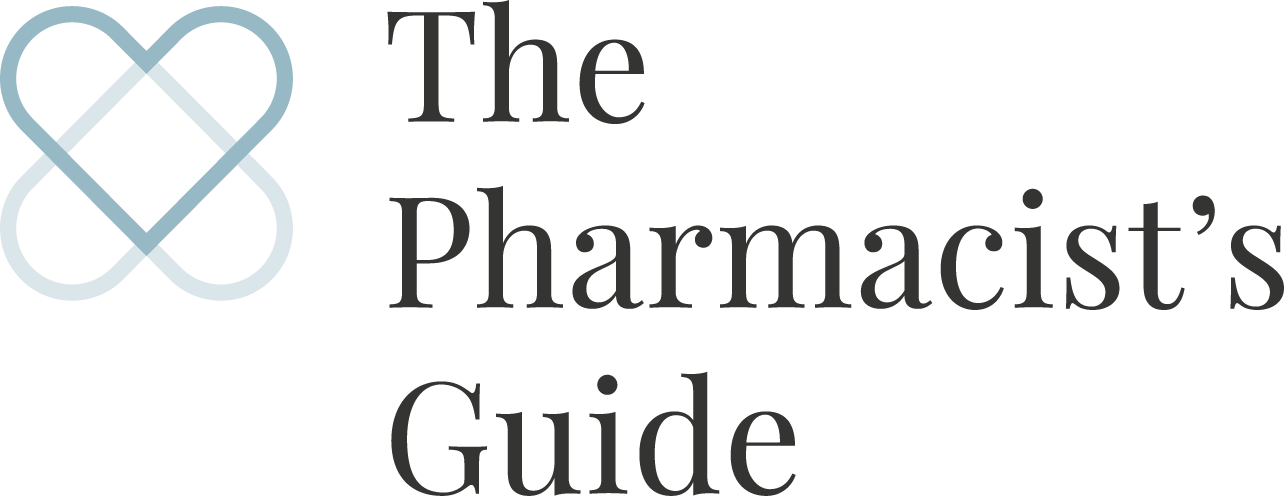What You Need to Know About Supplements
Supplements are everywhere! You can find some to give you energy, help you sleep better, get “super hair”, and even improve your sexual health! The dietary supplement is a huge industry too with an estimated 125 BILLION of revenue in 2018. I feel like I am getting emails all the time about a new company launching a supplement - and for good reason - the money is there!
But do they really work and are they worth the hype? Do supplements do what they claim to do?
Well…..maybe.
Companies are responsible for evaluating the safety of their products in accordance with DSHEA and FDA standards before marketing, but they do not have to prove that they are safe and effective. So, basically, you may not always be getting what they say you are getting OR what you are getting is not really effective at all.
Vitamin and supplement companies also have to adhere to labeling requirements. Part of this regulation is that they have to have a statement saying “these statements have not been evaluated by the Food and Drug Administration” and “this product is not intended to diagnose, treat, cure, or prevent any disease”. Basically, companies are not allowed to claim that they will cure your heart disease but they can say something like “for prostate health”.
What is the role of the FDA?
The FDA is responsible for regulating products that affect the public’s health. This includes pharmaceutical products, which are heavily regulated, medical devices, cosmetics and food products.
For dietary supplements, the FDA acts as an enforcement and regulatory agency. The FDA has set up Good Manufacturing Practices that companies must follow and that the FDA will enforce when they perform inspections. But, the FDA does not require companies to prove the safety and efficacy of a product before it goes to market.
What else should you know?
According to the FDA, drugs are for treating, preventing, mitigating, diagnosing or curing a disease while dietary supplements are for nutrition purposes only.
And if you really want some cocktail party conversation, the Dietary Supplement Health and Education Act of 1994 (DSHEA) outlined the role of supplements and what companies were legally allowed to claim including the labeling requirement that I mentioned earlier. Per this act, they also monitor if a drug is adulterated or misbranded.
This means that a supplement presents a significant or reasonable risk when taken how the labeling suggests, has an impure or inferior component, lacks adequate information about its safety, has been prepared under conditions that are not good manufacturing practices - really what we would think of as contaminated. Sadly, this happens more frequently than you would think.
It also means that they have to adhere to their labeling requirements and list every proprietary ingredient, be labeled as “dietary supplement” or “herbal supplement” and can not have labeling that is false or misleading.
Watch out for drug interactions
When I was working as a retail pharmacist, I would get asked all kinds of crazy questions about supplement ingredients - many of rare plants, flowers or herbs. You know what, we have no idea if they work because there is not a lot of data or evidence behind them! But we do have evidence that St John's Wort, ginkgo and some other more common herbs can cause interactions. If you are on heart, seizure, transplant medications or have other chronic diseases, definitely talk with your healthcare provider!
It’s all in the marketing
Some of the ingredients out there sound pretty, but may just be the product of good marketing? Again, I am speaking from the pharmacist-background of wanting to see evidence of a proven benefit (and not harm!). So don’t be fooled by good packaging or amazing-sounding ingredients.
Buy from a reputable source
It’s hard to know nowadays, what is good and what is not. Many doctors and other trusted individuals have their own supplements and it is easy to follow their example. My advice, buy from a trusted source. There are several third-party companies that verify the ingredients of supplements - I would check their database first.
So, yes, I think there is a place for supplements and some vitamins have great benefits. But for those supplements with pretty packaging and amazing claims...tread lightly.
What supplements do you recommend? Let me know here!
Have a bad reaction? The FDA keeps tabs on this and you can report it here.
